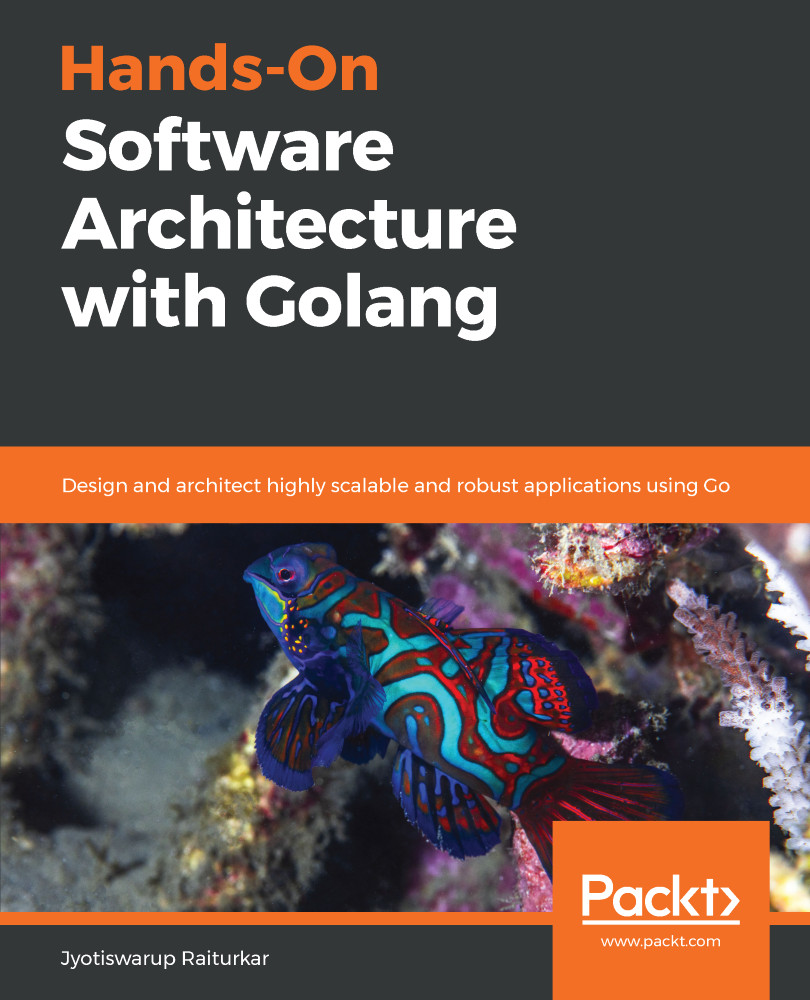For the almost nine years since its inception, the popularity of Go keeps growing. The following Google Trends graph is another good indicator of the exponential growth in the interest of the language:

Reference: https://trends.google.com/trends/explore?date=2009-10-01%202018-07-30&q=golang&hl=en-US
In this chapter, we looked at how you can go about learning Go, building a team, and migrating applications to Go.
This is the last chapter in our study of Go. I hope you enjoyed reading, and at the very least got an alternative view of programming. As Alan Perlis said, in the dated-but-relevant Epigrams of Programming (http://pu.inf.uni-tuebingen.de/users/klaeren/epigrams.html), "A language that doesn't affect the way you think about programming is not worth knowing."


